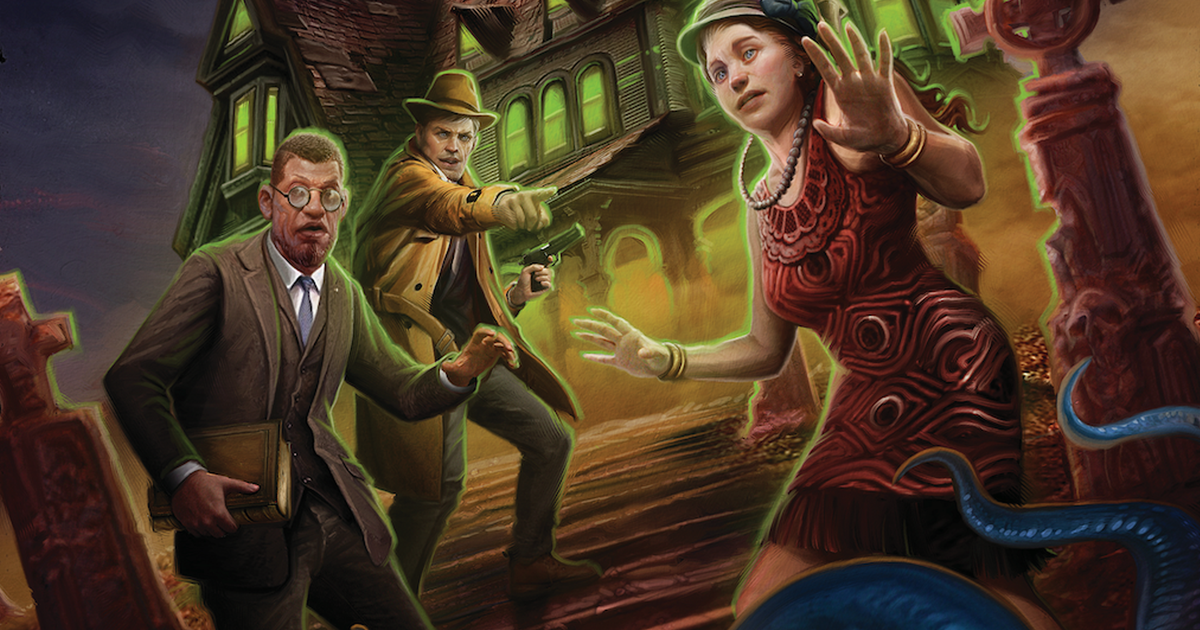Ralif Redhammer
Legend
I think so. I still find it charming. Plus, they're short episodes, and easy to commit to (or to, you know, mainline them like popcorn if that's a person's preference). Which reminds me, I need to get to watching the new releases.
Another question to ponder is what events would've lead to D&D not happening in 1974. In the grand scheme of things, a delay of some 50 years isn't that big of a deal, but it still has repercussions. One could imagine a world without the Ace/Lancer Conan paperbacks, or where wargames never really took off and remained niche and if Arneson and Gygax never connected. Or if videogame technology advanced faster and sooner, people might have been drawn to that instead and we'd be talking about the classic NES game, Dungeons & Dragons..
Not to entirely derail the thread, but as someone who hasn't seen Adventure Time, is it still worth watching?
Another question to ponder is what events would've lead to D&D not happening in 1974. In the grand scheme of things, a delay of some 50 years isn't that big of a deal, but it still has repercussions. One could imagine a world without the Ace/Lancer Conan paperbacks, or where wargames never really took off and remained niche and if Arneson and Gygax never connected. Or if videogame technology advanced faster and sooner, people might have been drawn to that instead and we'd be talking about the classic NES game, Dungeons & Dragons..



